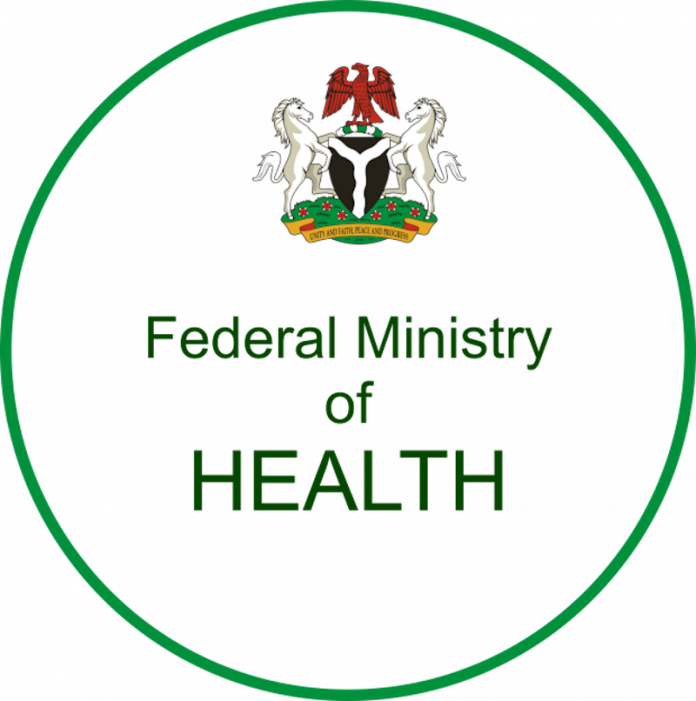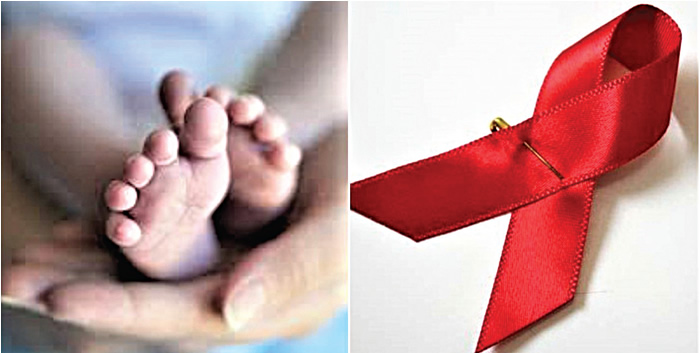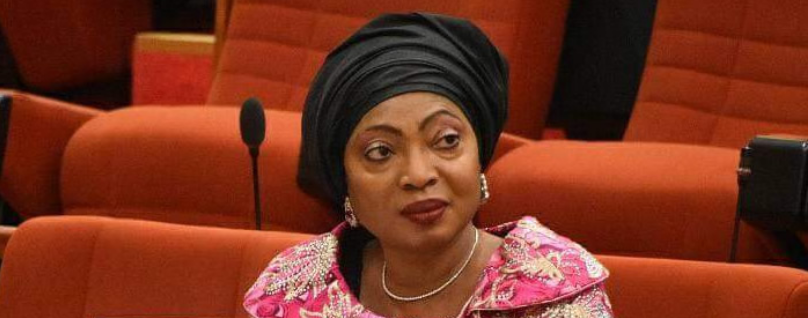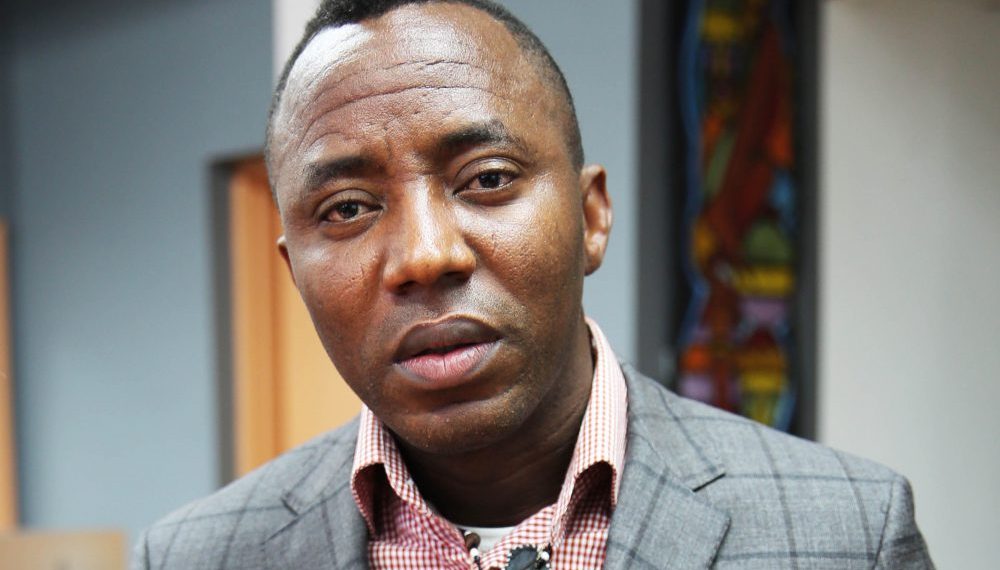Our state television channels have been inundated with claims by state governors of beautifully constructed and equipped hospitals they have built and excellent healthcare delivery services being offered to the people in their respective states. The mirage of twin mirrors is all too real because when you appear at the designated hospital location the next day, you will not find anything that has any semblance with what you saw on the television the previous night.
This is Nigeria where projects are conceived, executed on paper, and someone in a ministry somewhere signs-off that the job has been completed.
Every day, several second term governors jostle for television air time just to show people how they are working hard to ensure quality healthcare. The reality is rather more lurid, there is often no hospital under construction; it is a farce and it is mostly 3D computer generated. Even where one is being built, it takes years to complete it.
Every year, governors inundate us with huge sums tagged as budget to improve living standards, with health being allocated a limited amount. Yet year in and out, Nigerians who can afford it, are flown abroad to receive emergency medicare which may be near absent in government-owned hospitals. Others, rely on self- medication often with disastrous results and a lack of resources to get the best medicare die from ailments that should not have killed them.
How can one comprehend the simple fact that a state that has over two million people does not have an MRI machine or mammogram machine in any government owned hospital, yet some consultants of the same hospitals own the best gadgets in their privately-owned hospitals.
This can only happen in Nigeria, where oddity appears normal. Every day, people lose loved ones to death because of the absence of unreliable medical equipment to keep them alive. It has been noted the increase in the number of persons battling organ failure such as kidney or liver failure. But how many hospitals have enough dialysis machines to cope with the numbers of patients? It is not surprising to note that out of all the hospitals in your state, no government-owned hospital has one.
More worrisome is that the sudden emergence of COVID19 has forced all of us to acknowledge that only a few states in Nigeria have functional ventilator machines to aid patients having respiratory challenges due to serious ill health in the government-owned hospitals. Yet our senators, members of the House of Representatives, state Houses of Assembly, local government chairmen, their deputies, and councillors regale the electorate with endless speeches on how they have provided such amenities in the hospitals.
More worrisome is that many people revel in adulation from political watchers for using their supposed private funds to foot medical bills of people. So, rather than equip hospitals, Nigerian politicians prefer to see their names trending on social media for providing funds to assist individuals in need of medical support to treat one life-threatening illness or the other.
It will make more sense for politicians to ensure that hospitals are built and equipped for people to access quality medicare without the dehumanising grovelling demanded from sick people.
In Nigeria, hospitals are built and commissioned on paper, a few people share the money, including members of the monitoring team who within three months show up with expensive cars, while the projects if commenced, are abandoned.
How is it that a contractor funded to build a hospital for government becomes rich over night while the hospital building remains at lintel level?
Suddenly the contractor is invited everywhere as an outstanding Nigerian, decorated with awards and the next thing he is pencilled down to contest elections because he has money, the people’s money. Many have become rich at the expense of the people. Many who should be in jail are walking free.
Demanding accountability and responsibility from our elected officials is clearly not working.
It has been alleged that some unscrupulous operatives of the Economic and Financial Crimes Commission (EFCC) have in turn profited under the pretence of investigating allegations of corruption of public officials. Thus it is no surprise to see operatives use undue influence to get postings into such agencies or into the fraud investigation units of the Nigerian Police Force.
A visit to teaching hospitals will leave you shuddering with fear. Obsolete and none functional equipment everywhere. Medical students are not left behind in this chaos which has an overall impact on their training and in the institutional support they received from the health sector.
The federal medical centers are overwhelmed. Everyday throngs of people troop into them for solutions to their health concerns, while many get solutions, some are faced with shocking realities in the facilities. It is only in Nigeria that patients are seen on the corridors where medical staff convert walkways to shift bed space for ailing patients. It is safe to say that every government hospital is always overbooked with inpatients.
For some reason we have normalised the appointments of career politicians with absolutely no knowledge of medical practice as members of governing boards of hospitals, hence when doctors are campaigning and demanding for better health structures, systems and equipment, they politicians are never on the same page with them.
Our unspoken and documented experiences are that often times uneducated misfits masked as politicians are put in charge of hospital administrations. Resulting in accusations of illegal wealth generation to the detriment of innocent citizens.
For instance, how many house committee members of the Senate, House of Representatives, or State Assemblies have medical doctors as members, or better still have a working knowledge of medical issues and practice? Your answer is as good as mine.
Internationally, surgeons have adopted laser methods to conduct surgeries which has been acclaimed safer and better but not so in Nigeria, not because the medical practitioners don’t want to, but because our governments have refused to provide them with the necessary modern equipment to do their work effectively.
Do we remember, when one of the sons of President Muhammadu Buhari was involved in an accident in Abuja, no hospital was deemed fit enough to treat the young man. He was flown abroad while his friend also involved in the same crash was left to Nigerian medical system.
There is a joke within Nigerians that their politicians rather than equip hospitals, prefer travelling abroad to die, only to be received in a motorcade at the airport for burial.
Yet truth be told, Nigerian medical doctors have proven to be some of the best outside the country. Two years ago, a Nigerian trained surgeon performed surgery on a yet to be delivered baby. He brought out the baby, operated and fixed the challenge, and put back the baby in the mother’s womb. It was a huge medical feat performed by a Nigerian doctor in the United States of America.
Our doctors complain about lack of support, obsolete equipment and are willing to take their chances career wise outside of Nigeria. It is a common sight to see a medical doctor frustrated in Nigeria, turn out to be the best in another country! They are all taking the UK PLAB and other foreign exams. We have very few doctors and COVID19 has shown us how bad this situation is.
Honestly, the government alone cannot be blamed for the decrepit state of health facilities in Nigeria. As citizens we have also failed to make constructive demands of good governance, accountability and responsibility to our elected leaders. The reality is simple: poverty has ensured that politicians have normalised the monetisation of gathering people together. So, when you ask communities to protest on injustices or demand for quality representation, they demand for monetary inducements before agreeing to participate. Even when it will benefit them and their families.
While men prefer to collect tokens to support a candidate, undeserving of the office be is vying for, women adorn colourful uniforms of politicians while campaigning for them. Nobody asks the tough questions on how the politicians plan to address multiple issues afflicting women: do they have any manifesto that addresses the concerns of the communities and the divergent groups in the communities.
Not many people realise that until they unite and demand quality representation from their representatives, good hospitals may be far from them. That unless they shun those miserable tokens and demand for equipped hospitals with motivated staff, the politicians will continue to be gods over them.
Finally, corruption has no doubt ruined all the sectors in Nigeria, but the greatest damage lies in a people comfortable with abnormalities. Until they unite and demand quality representation, good hospitals may remain a mirage for a long time.
––Ms Obibi of Alliance for Africa wrote from Lagos.









